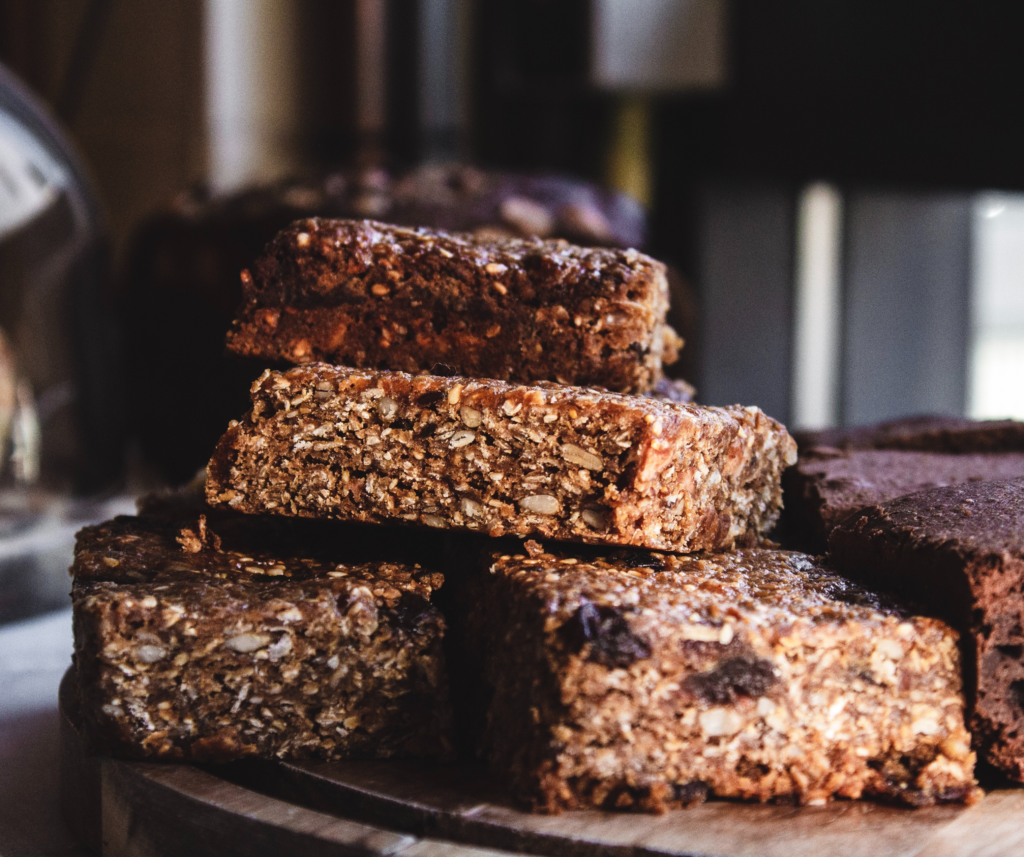Introduction
The microbiota is the community of microorganisms that live on and in humans, and it plays a crucial role in human health. By making small changes in our everyday lives, we can help protect the microbiota and improve our own health.
What is fiber and why do we need it?
Fiber is a type of carbohydrate that the body cannot digest. Though we can’t digest or absorb fiber, it’s important for our health because it helps keep our digestive system clean and functioning properly. Fiber also provides food for the beneficial bacteria that live in our gut. These bacteria are important for our health, as they help us to better absorb nutrients and fight off infection.
A lack of dietary fiber has been linked to a number of health problems, including constipation, diarrhea, diverticulitis, and hemorrhoids. A diet lacking in fiber can also disrupt the delicate balance of microbes in the gut, leading to gastrointestinal disorders such as irritable bowel syndrome (IBS) and inflammatory bowel disease (IBD).

The fiber shortage and its impact on microbiota
Fiber is an important component of a healthy diet, and its absence can have a negative impact on the composition of the gut microbiota. A lack of fiber can lead to an increase in harmful bacteria and a decrease in beneficial bacteria. This can lead to problems such as constipation, diarrhea, and other gastrointestinal issues. Additionally, a fiber shortage can also impact the immune system and increase the risk for infections.

The benefits of a high-fiber diet
A high-fiber diet offers many health benefits, including promoting regularity, preventing constipation, and reducing the risk of heart disease and obesity. Fiber is a nutrient found in plant-based foods that the body cannot digest. Instead, it helps to keep the digestive system healthy and moving by adding bulk to stool and promoting regularity. A high-fiber diet has been shown to reduce the risk of heart disease, obesity, and type 2 diabetes. It can also help to lower cholesterol levels and blood pressure.
How to increase your fiber intake
Fiber is an important part of a healthy diet, and many people don’t get enough. Fiber promotes digestive health and can help prevent constipation, diarrhea, and other digestive problems. It also helps keep you feeling full after eating, which can help with weight control.
There are two types of fiber: soluble and insoluble. Soluble fiber dissolves in water and is found in foods like oats, beans, and apples. Insoluble fiber doesn’t dissolve in water and is found in foods like wheat bran, vegetables, and whole grains. Both types of fiber are important for a healthy diet.
To increase your fiber intake, eat more high-fiber foods like fruits, vegetables, whole grains, and legumes. You can also take a fiber supplement if you’re having trouble getting enough from food alone. Be sure to drink plenty of water when increasing your fiber intake to help prevent constipation.

Conclusion
The current fiber shortage is having a significant impact on the microbiota. This is due to the fact that fiber is a critical food source for many microbes. Without enough fiber, these microbes are unable to thrive, which can lead to problems such as dysbiosis and an increased susceptibility to infections. In addition, the lack of fiber can also cause other problems such as constipation and malnutrition.

